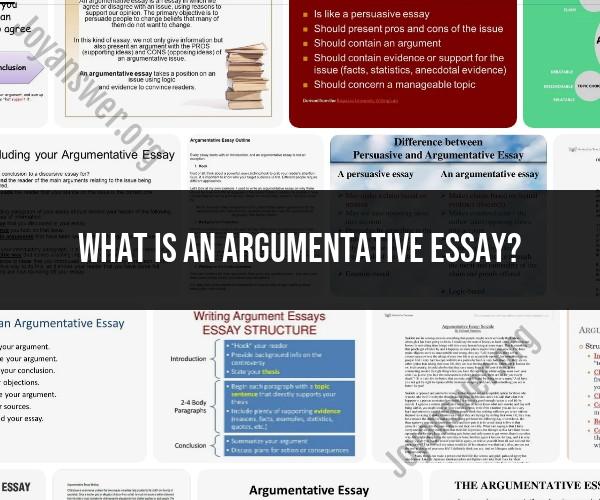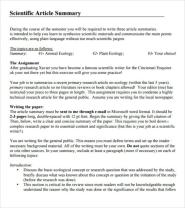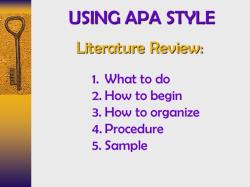What is an argumentative essay?
An argumentative essay is a type of academic writing that presents an argument or a stance on a specific issue or topic and provides evidence and reasoning to support that argument. The primary goal of an argumentative essay is to persuade the reader to accept or agree with the writer's point of view on the subject.
Here are the key elements and characteristics of an argumentative essay:
Thesis Statement: The essay starts with a clear and concise thesis statement that states the writer's position on the topic. This thesis statement serves as the main argument that the essay will defend and support.
Supporting Evidence: Argumentative essays rely on factual and credible evidence to support the thesis statement. This evidence can include statistics, research findings, expert opinions, examples, anecdotes, and quotations from authoritative sources.
Counterarguments: A well-rounded argumentative essay acknowledges opposing viewpoints or counterarguments. The writer addresses these opposing views and refutes them with evidence and reasoning to strengthen their own argument.
Logical Structure: Argumentative essays follow a logical structure, typically consisting of an introduction, body paragraphs, and a conclusion. Each paragraph has a specific role in presenting and supporting the argument.
- Introduction: Introduces the topic, provides background information, and states the thesis statement.
- Body Paragraphs: Each body paragraph presents a single point or piece of evidence that supports the thesis statement. The paragraphs are organized logically and often follow the claim-evidence-reasoning format.
- Counterargument Paragraphs (optional): These paragraphs acknowledge and refute counterarguments.
- Conclusion: Summarizes the main points, restates the thesis statement, and leaves a lasting impression on the reader.
Credible Sources: The use of reliable and credible sources is essential to lend credibility to the argument. These sources can include academic journals, books, reputable websites, and expert testimonies.
Persuasive Language: Argumentative essays use persuasive language and rhetoric to convince the reader of the validity of the argument. This includes using strong and convincing language, appeals to emotion, and rhetorical devices.
Clarity and Conciseness: Effective argumentative essays are clear and concise in their presentation of ideas and evidence. They avoid unnecessary repetition and stay focused on the main argument.
Audience Awareness: The writer considers the needs and expectations of the target audience. Understanding the audience's perspective can help tailor the argument for maximum persuasive impact.
Argumentative essays are commonly assigned in academic settings, including high school and college courses, as they encourage critical thinking, research skills, and the ability to construct a coherent and persuasive argument. These essays are used to address a wide range of topics, from social and political issues to literary analysis and scientific debates.
Crafting an Argumentative Essay: Step-by-Step Guide
- Choose a topic. Choose a topic that you are interested in and that you have some knowledge about. It is also important to choose a topic that is arguable, meaning that there are two or more sides to the issue.
- Do your research. Once you have chosen a topic, you need to do your research to gather evidence to support your argument. This evidence can come from a variety of sources, such as books, articles, websites, and interviews with experts.
- Develop a thesis statement. Your thesis statement is the main point of your argument. It should be clear, concise, and arguable.
- Create an outline. An outline will help you to organize your thoughts and ideas. It will also help you to ensure that your essay is well-structured and easy to follow.
- Write your essay. When writing your essay, be sure to support your argument with evidence from your research. You should also address any counterarguments to your position.
- Revise and edit your essay. Once you have finished writing your essay, be sure to revise and edit it carefully. This will help you to catch any errors in grammar, spelling, or punctuation.
The Art of Persuasion: Writing an Effective Argumentative Essay
Here are a few tips for writing an effective argumentative essay:
- Be clear and concise. Your essay should be easy to read and understand. Avoid using jargon and technical language.
- Be objective. Present the facts of the issue fairly and objectively. Avoid using emotional appeals or logical fallacies.
- Be persuasive. Support your argument with evidence from your research and address any counterarguments.
- Be organized. Your essay should be well-structured and easy to follow. Use an outline to help you organize your thoughts and ideas.
- Write in a formal style. Avoid using slang or informal language.
Winning Arguments with Words: The Essence of an Argumentative Essay
The essence of an argumentative essay is to persuade the reader to agree with your point of view. To do this, you need to present a clear and well-argued argument. You should also be able to address any counterarguments to your position.
Here are a few tips for winning arguments with words:
- Use facts and evidence to support your argument. Don't just state your opinion, back it up with facts and evidence from your research.
- Be logical. Your argument should be well-structured and make sense. Avoid using logical fallacies.
- Be respectful. Even if you disagree with someone, you should still be respectful of their opinion. Avoid using personal attacks or name-calling.
By following these tips, you can write an effective argumentative essay that will persuade your reader to agree with your point of view.












